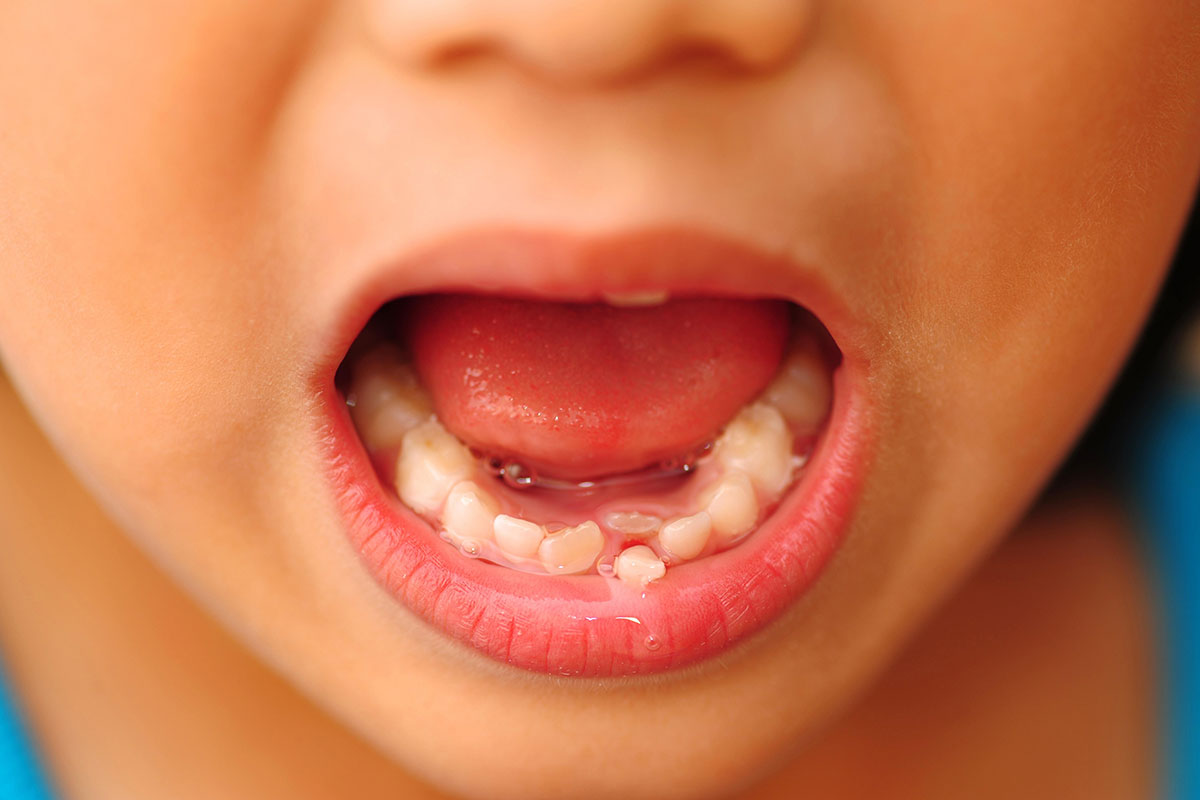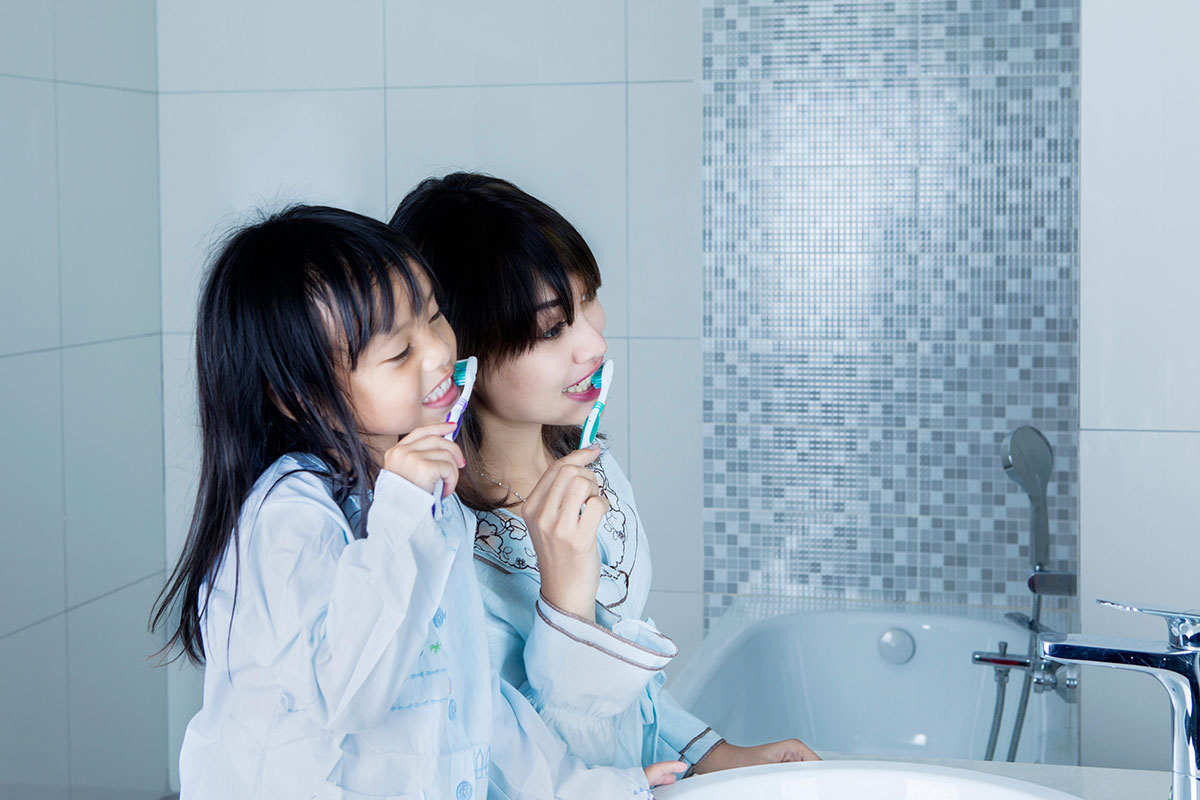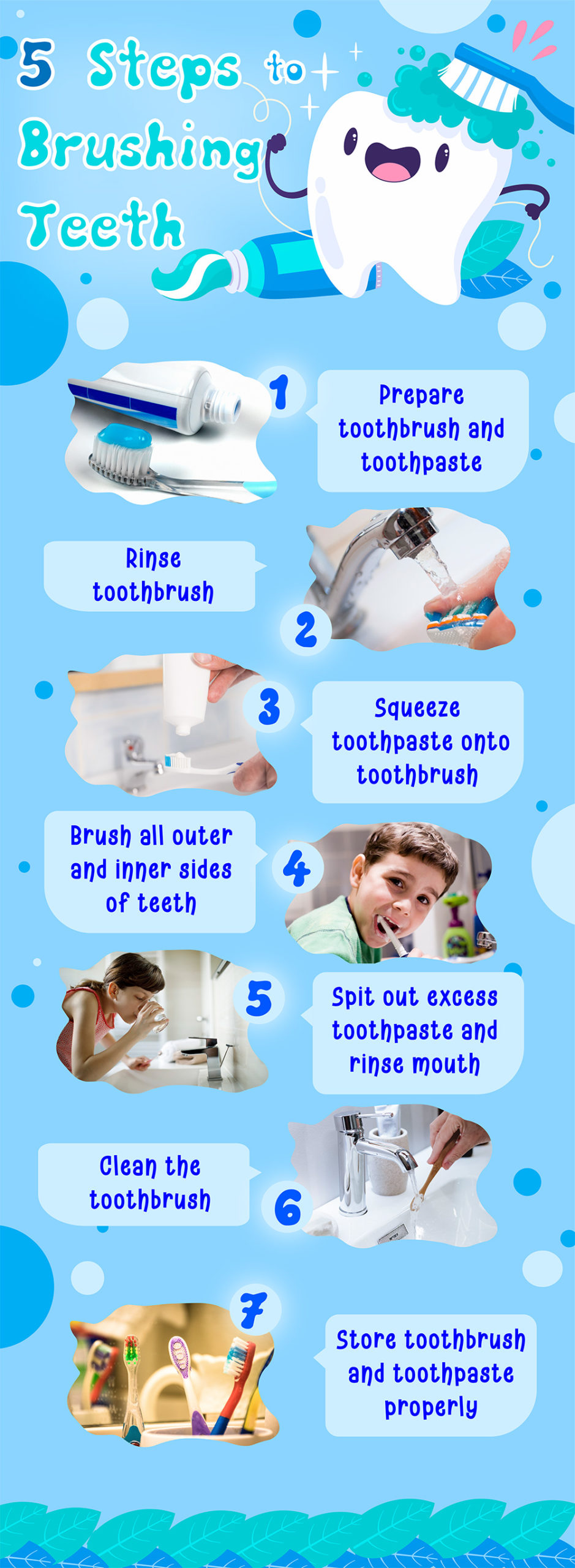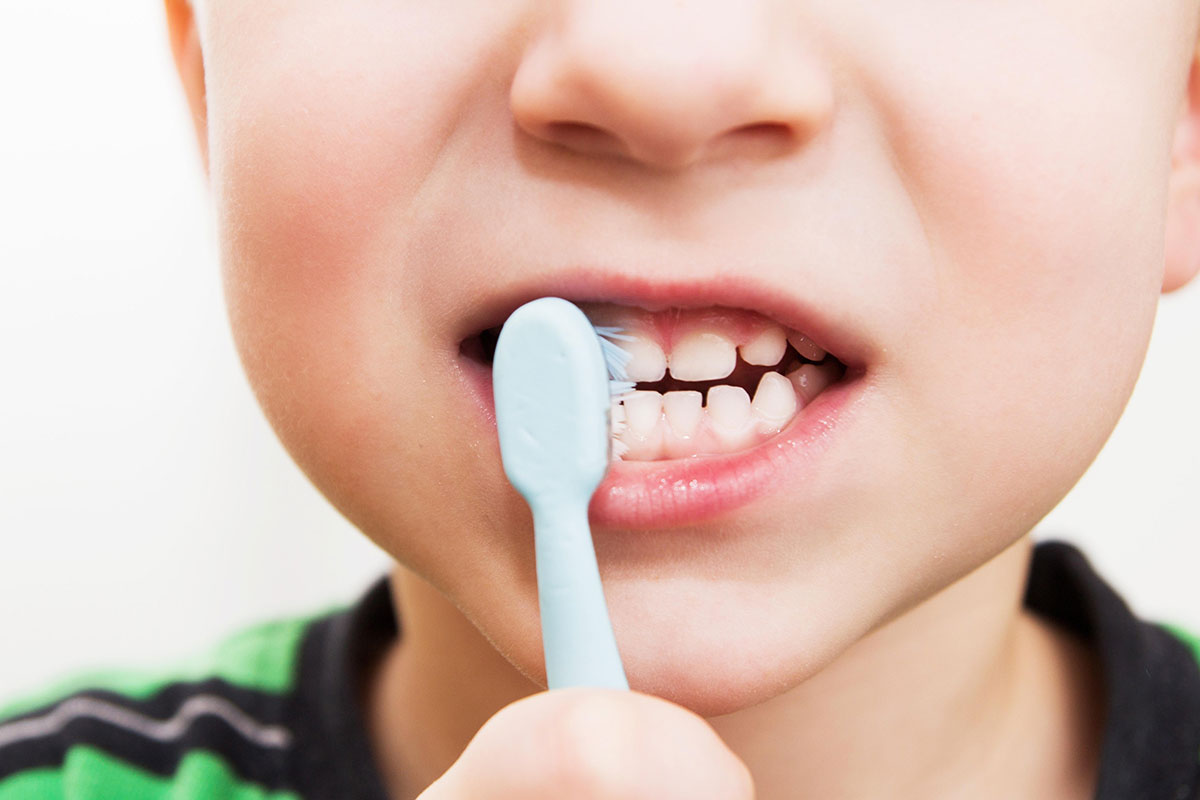All About Hygiene: 5 Oral Healthcare Tips for Children With Special Needs
Even the simplest, everyday things can be challenging for a child with special needs. Dental care is no exception.
Special needs children require oral healthcare as much as other hygiene care. As the parent of a special needs child, it is crucial that you pay particular attention to your child’s dental healthcare. They need special oral care because:
- They may be susceptible to or are at higher risk of developing dental diseases due to their inability to perform oral self-care
- Dental treatment may be difficult and time-consuming for them
- Modification of treatment is needed to suit their conditions
- Oral problems and treatments might contribute risks to their life
Typical oral and dental concerns in children with special needs include:
- Tooth decay – Special needs children are prone to dental decay if they are uncooperative, have difficulty in brushing their teeth, or when they are on prolonged sweetened medication.
- Gum problems – A higher incidence of gum problems from poor oral hygiene can build plaque and tartar in their mouths due to inadequate hygiene measures.
- Tooth anomalies and developmental defects – Tooth anomalies are variations in size, shape and number of teeth. Developmental defects appear as pits, discolourations or lines on the surface of the teeth and are difficult to keep clean.
- Trauma to teeth – Trauma to the face and mouth occurs more frequently in special needs children. Their Teeth are also at risk of fracture and displace, especially if the upper front teeth flare outward when these children fell

Prevention of Dental Diseases
The prevention of dental disease in children with special needs should be a higher priority than for their typically-abled peers. These are achievable by maintaining good oral hygiene early in their lives.
Special children naturally require more frequent regular check-ups than their typical peers. Therefore, visiting the dentist at least three to four times a year is advisable. Your dentist may be able to apply topical fluoride on the teeth to reduce cavities and also seal tooth surfaces before they become decayed.
Tips for Parents
- Let your child choose their toothbrush and favourite toothpaste flavour
- Ensure your child brushes their teeth with a fluoride toothpaste at least twice a day for two minutes, especially after meals and before bed
- Guide your child to brush their teeth gently and assist them in brushing all sides of each tooth
- Keep in mind to replace their toothbrush every three to four months
- Ensure your child eats a well-balanced diet and avoids sugary food and drinks
- Avoid using too much toothpaste to prevent gagging. Dispensing of toothpaste must be done by parents or carers
- Encourage your child to drink plain water after each meal. Preferably, avoid rinsing the teeth after brushing
- Arrange for early and regular dental check-ups, as they allow dental problems to be identified early and can prevent complex treatment

Teaching Your Child to Brush Their Teeth
1. Break down the task into simple steps
Divide the brushing task into sequences and smaller steps. It is easier to teach your child with small steps. Focusing on a single step at a time could be easier for your child than trying to teach them the skill all at once.
2. Model how to do it
You can brush your teeth before or while your child is brushing theirs to show them the techniques. Have your set of items ready – children can learn much faster by seeing you do it.
3. Create a visual schedule
Visuals can help children better understand the steps required for an activity such as brushing teeth, with a picture for each step as illustrated in the visual below. You can print and laminate this graphic for your child and place it in your bathroom so your child can view it while practising.

4. Use videos
Using videos, also known as video modelling, can be an effective tool in helping your special needs child perform activities of daily living skills. The method also teaches children to pick up new skills or behaviour. Videos with verbal instructions can prove to be incredibly beneficial, too.
5. Prepare and practice
Before you practice brushing teeth with your child, ensure that you have all the items prepared. They include toothpaste, a toothbrush, a clean and dry face towel for wiping the mouth after rinsing, a step stool (if necessary), and the visual. Leaving the items in the exact location can help your child concentrate on learning the steps rather than trying to find the items.
Taarana School provides programmes with social and emotional support for children with, among others, Down syndrome, Attention Deficit Disorder (ADD), Attention Deficit Hyperactivity Disorder (ADHD), Autism Spectrum Disorders (ASDs), Developmental Co-ordination Disorder (DCD) or Dyspraxia, and Global Development Delay.
Taarana offers a broad and balanced curriculum that meets the needs of all students. Learning and skills development are personalised, ensuring that each child fulfils their potential. For example, Taarana’s unique Transition Programme comprises functional academic lessons, daily/independent living skills, personal care and hygiene, basic financial skills, computer skills, transportation skills, and social/relational skills.
By Loke Angie
Cognitive Skills, Activities of Daily Living (ADL), Arts & Crafts Teacher

